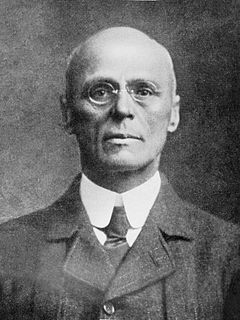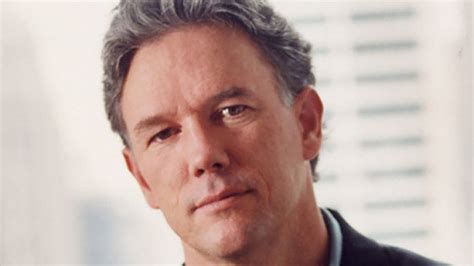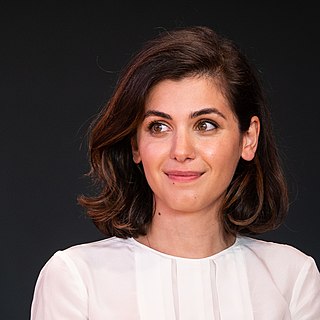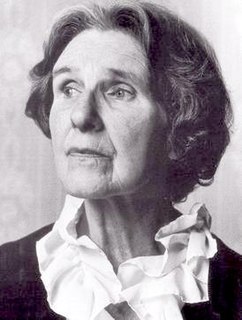A Quote by Herman Gorter
The poor peasant here hives under conditions quite different from those of Russia. Though often terrible, they are not as appalling as they were there.
Related Quotes
Though freedom and wealth are both good things which most of us desire and though we often need both to obtain what we wish, they still remain different. Whether or not I am my own master and can follow my own choice and whether the possibilities from which I must choose are many or few are two entirely different questions. The courtier living in the lap of luxury but at the beck and call of his prince may be much less free than a poor peasant or artisan, less able to live his own life and to choose his own opportunities for usefulness.
It's completely different, for instance, to report on poor farmers in Africa than it is to report on, say, poor African-Americans. The familiarity of my readers with the terrain, and their preconceptions, are quite different in those two cases, and their perspective, as I imagine it, has to be taken into account at every turn.
I write my books to challenge my own feelings and theories. Perhaps most surprising was what I learned about rice farming. It was really interesting to think of how different Asian and Western cultures are as a result of the kinds of agricultural practices that our ancestors used for thousands of years. The life of a Chinese peasant in the Middle Ages was so dramatically different from the life of a European peasant - night and day different.
In the dog two conditions were found to produce pathological disturbances by functional interference, namely, an unusually acute clashing of the excitatory and inhibitory processes, and the influence of strong and extraordinary stimuli. In man precisely similar conditions constitute the usual causes of nervous and psychic disturbances. Different conditions productive of extreme excitation, such as intense grief or bitter insults, often lead, when the natural reactions are inhibited by the necessary restraint, to profound and prolonged loss of balance in nervous and psychic activity.
Everybody has a different idea of when those good old days were, but everyone is convinced that there was a time when literature really mattered and that it doesn't now. They also tend to believe that it really matters someplace else - in very improbable places often. Russia is someone's idea of a place where literature really counts.
I feel like it's me singing back to myself as a younger person and saying have confidence in being a bit different. I really felt I didn't fit in. My dad was from the Caribbean, my mum was English, we lived in quite a white area but we were quite poor, but also quite brainy, and I was a really, really skinny child so I felt a bit awkward about all these things.
Putin imagined it would be different. So, like many Russian leaders before him, he imagined that Ukraine was basically Russia, but they speak with a funny accent. Actually, it's not Russia; it has a different identity. It has a very different language. Russians don't automatically understand Ukrainian. And, in particular, the way Ukraine has developed over the last two decades is different from the way Russia has developed.
How often people speak of art and science as though they were two entirely different things, with no interconnection. That is all wrong. The true artist is quite rational as well as imaginative and knows what he is doing; if he does not, his art suffers. The true scientist is quite imaginative as well as rational, and sometimes leaps to solutions where reason can follow only slowly; if he does not, his science suffers.
The weird thing was that I went to Trump rallies thinking I was going to run into militant, right wing, racist people and mostly I didn't. That should have been a clue to me. The people I talked to were not, on the surface level, crazy. They were quite nice, quite normal, employed, and actually were wealthier than the press at that time would have led us to believe. At that time, the narrative was that these were all working poor but these were not working poor. That should've been a clue to me that this was a little bigger than I thought.







































